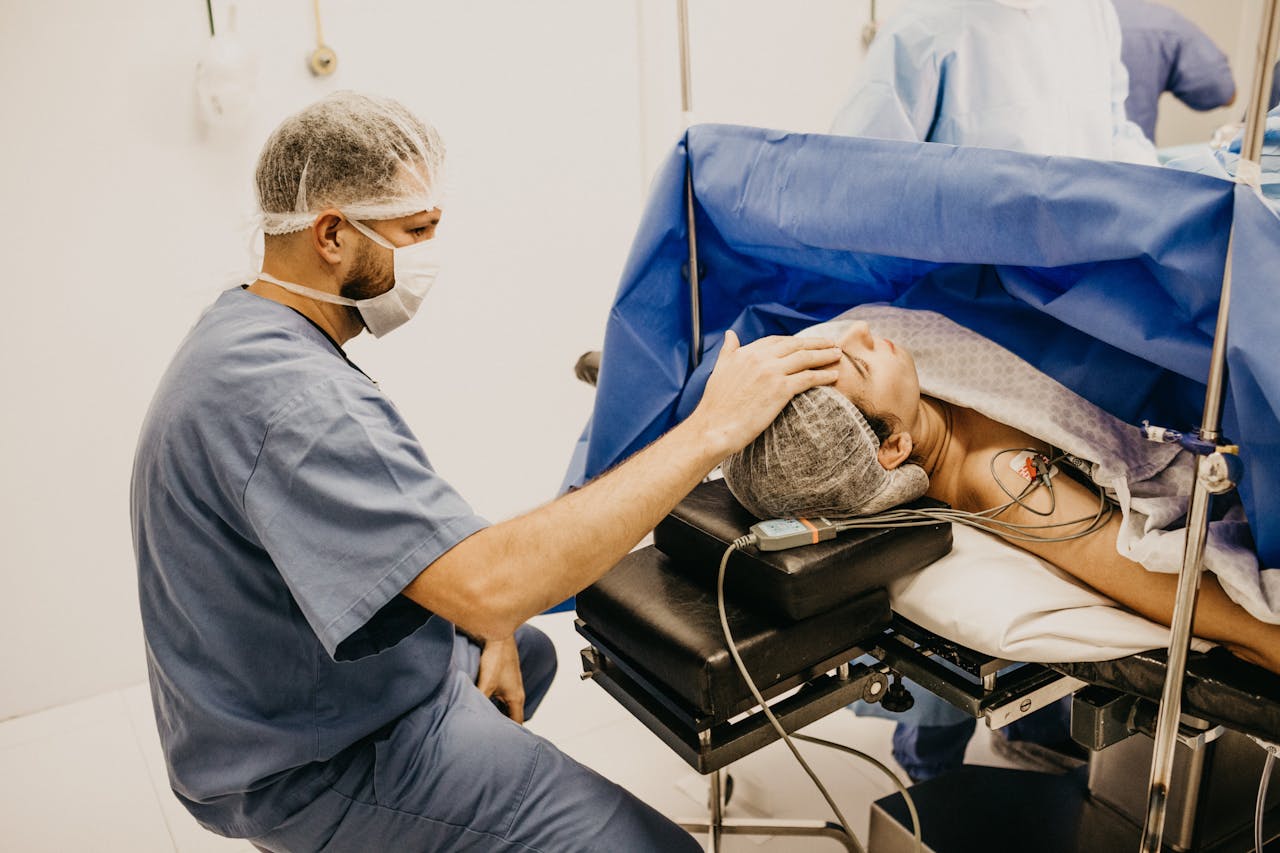Recovering from surgery can be unpredictable. Some days you might struggle with simple tasks, while others show clear progress in strength or mobility. These shifts are normal, and recognising small improvements helps you stay motivated. Paying attention to both your body and your emotional wellbeing can make daily life easier, letting you regain confidence and independence more steadily.
Facing recovery with patience
Surgery affects more than your body; it challenges your emotions too. Feeling frustrated or impatient doesn’t mean you’re failing. Healing varies between individuals, and expecting overnight improvement can add unnecessary stress. Notice small signs of progress, like reduced swelling or increased mobility, and use them to remind yourself that recovery is a gradual journey.
Follow medical guidance closely
Listening to your healthcare team protects your recovery. Ignoring instructions can slow healing or cause pain. For example, after knee surgery, putting weight on the leg too soon can inflame tissue and prolong discomfort. Simple actions like taking prescribed medication on time or using ice packs correctly can make a real difference, helping your body repair itself efficiently.
Build gentle movement into your day
When cleared to move, gentle activity aids circulation, reduces stiffness, and improves energy. Short walks or light stretches prevent muscles from weakening and maintain joint mobility. Standing during TV breaks or rotating your ankles while seated keeps your joints active without risking strain. Over time, these small routines make daily tasks feel easier and restore a sense of independence.
Focus on rest, nutrition, and hydration
Your body needs fuel and downtime to heal effectively. Balanced meals with protein, healthy fats, and vitamins support tissue repair, while preparing snacks in advance reduces stress. Staying hydrated keeps joints supple, and maintaining a sleep routine regulates hormones that influence recovery. These simple steps help you feel more energised and reduce fatigue.
Look after your mental wellbeing
Your emotions influence physical recovery. Journaling, talking with friends, or accessing professional support helps manage frustration and anxiety. Sharing experiences prevents stress from building, which can otherwise slow healing. If your surgery followed an accident that wasn’t your fault, stress can be caused by financial or legal worries. By accessing support on a no win, no fee compensation claim, you can reduce these feelings of anxiety, letting you focus on rest and recovery without added stress.
Monitor progress and adjust
Track your improvements but remember to stay flexible where possible. If any pain or swelling increases, pause and seek medical guidance and advice from your healthcare team. Celebrating small milestones keeps motivation high, while realistic adjustments prevent unnecessary strain.

